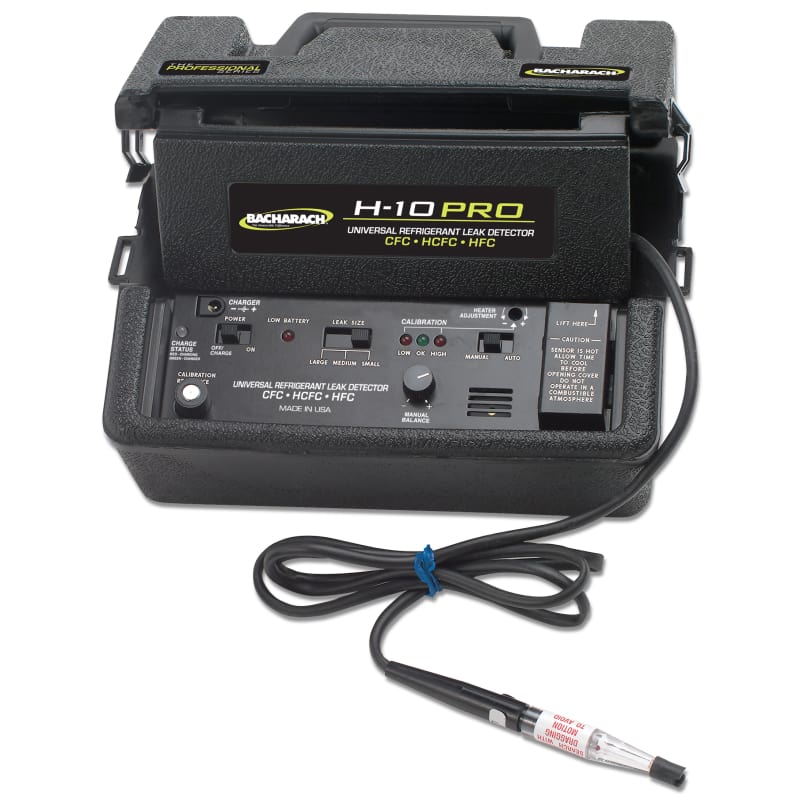amazing azza
Industrial
Hi friends,
I've been spending time searching for leaks in my refrigerant lines. I am having a hard time finding some of them. I know there is a leak from nitrogen pressure testing, but I am failing to find it. Is there an acceptable threshold for leakage? If so, what is it?
For example, I have one leak that I measure to be 0.0031 mbar/s. If my system is between 10-100L (don't know exact volume) that would make a leak rate of 0.031..0.31 mbarL/s.
PS. My measurement procedure. Fill to 150 psi, take readings over several days. Plot pressure vs time, slope is the leak rate.
I've been spending time searching for leaks in my refrigerant lines. I am having a hard time finding some of them. I know there is a leak from nitrogen pressure testing, but I am failing to find it. Is there an acceptable threshold for leakage? If so, what is it?
For example, I have one leak that I measure to be 0.0031 mbar/s. If my system is between 10-100L (don't know exact volume) that would make a leak rate of 0.031..0.31 mbarL/s.
PS. My measurement procedure. Fill to 150 psi, take readings over several days. Plot pressure vs time, slope is the leak rate.

